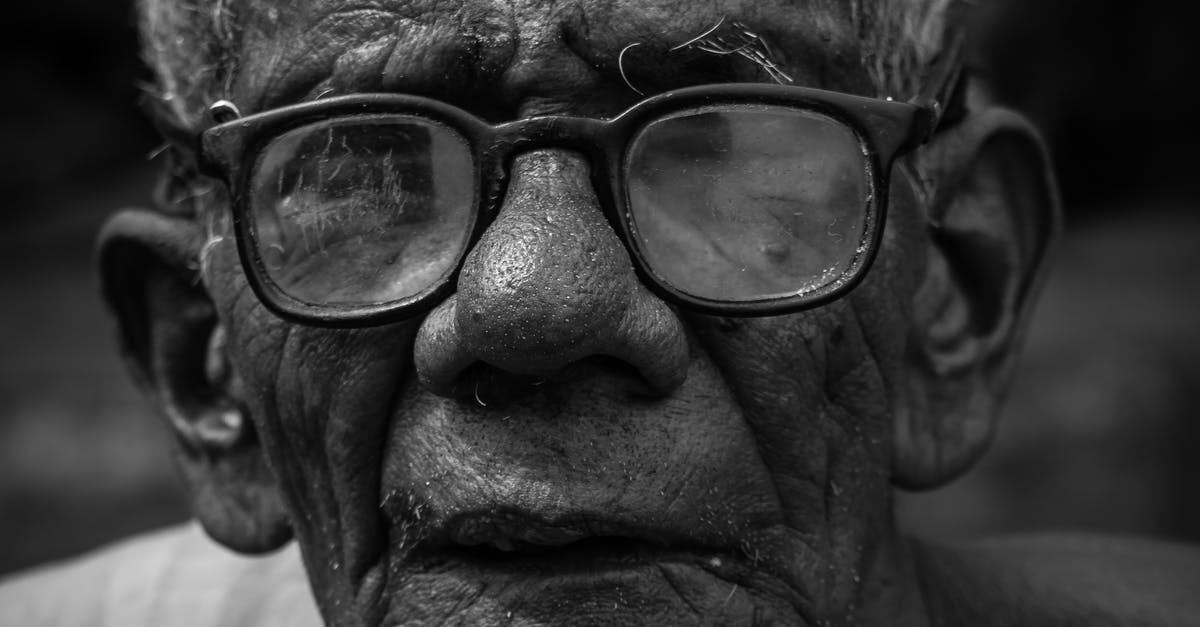Can Seborrheic Dermatitis Spread From Person To Person?
Seborrheic dermatitis is a common skin condition that can cause red, itchy, scaly skin. It often affects the scalp, but it can also occur on the face, chest, and other parts of the body. While seborrheic dermatitis is not contagious, it can spread from person to person. Here's what you need to know about this condition and how to prevent it from spreading.
Seborrheic dermatitis is thought to be caused by overgrowth of a specific type of fungus called Malassezia. This fungus is found on the skin of healthy people, but it can cause problems in people with seborrheic dermatitis. The exact reason why this happens is unknown, but it is thought that certain factors may trigger an overgrowth of the fungus, such as:
- Oily skin
- Dry skin
- Irritated skin
- Hormonal changes
- Stress
- Weak immunity
While seborrheic dermatitis is not contagious, it can spread from person to person. This is because the fungus that causes the condition can be passed from one person to another. If you have seborrheic dermatitis, you should take steps to prevent the condition from spreading, such as:
- Washing your hands regularly and using an antibacterial soap if possible
- Avoiding sharing personal items, such as towels, combs, and brushes
- Avoiding touching or scratching affected areas of skin
- Using a gentle, fragrance-free cleanser on your skin
- Using a moisturizer on your skin to help reduce itching and irritation
Source.Seborrheic dermatitis is a common, chronic skin condition that commonly affects the scalp. However, it can also occur on the face, chest, and other parts of the body. The exact cause of seborrheic dermatitis is unknown, but it is thought to be related to a combination of fungal, genetic, and environmental factors. It is not contagious and cannot be spread from person to person.
There are many different ways to treat seborrheic dermatitis, depending on its severity. Some people may only need to use gentle cleansers and moisturizers to manage their symptoms. Others may need stronger medications, such as antifungals, corticosteroids, or immunosuppressants.
If you have seborrheic dermatitis, there are several things you can do to manage your symptoms and prevent flare-ups:
- Wash your skin with a mild cleanser.
- Apply a medicated shampoo or cream to your scalp.
- Avoidance of irritants, such as harsh soaps or detergents.
- Use a humidifier to keep your skin from getting too dry.
- Talk to your doctor about medications that can help control your symptoms.
Contrary to popular belief, seborrheic dermatitis is not contagious. It cannot be spread from person to person. However, the condition can be aggravated by certain triggers, such as stress, cold weather, and oil build-up on the skin.
If you have seborrheic dermatitis, there are a number of treatment options available to help relieve your symptoms. These include medicated shampoos and creams, as well as light therapy. Talk to your doctor about which treatment option is right for you.

